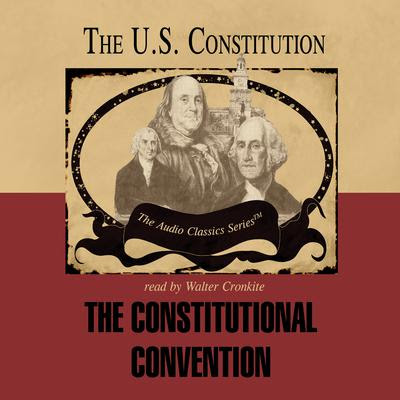“The Congress, whenever two-thirds of both houses shall deem it necessary, shall propose amendments to this constitution, or on the application of the legislatures of two-thirds of the several states, shall call a convention for proposing amendments, which, in either case, shall be valid to all intents and purposes, as part of this constitution, when ratified by the legislatures of three-fourths of the several states, or by conventions in three-fourths thereof, as the one or the other mode of ratification may be proposed by the Congress … ”
The United States Constitution included a process by which the original document could be amended (quoted above). It was designed to allow some flexibility within the Constitution, while at the same time protecting the Constitution from voluminous (and excessively rapid) changes. At the time that I write this, there have been 27 amendments to the United States Constitution, in accordance with this process. The first ten of them were the ones that make up our Bill of Rights. These ten amendments were ratified simultaneously with each other on December 15th, 1791. But obviously, they are not the only amendments to the Constitution. There have been 17 others at the time that I write this, and this audiobook covers most of them in some detail.













